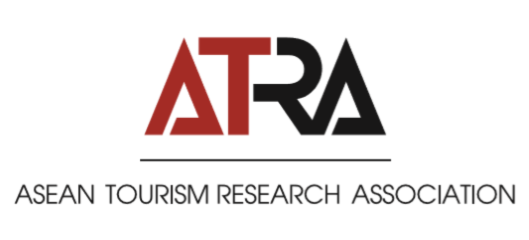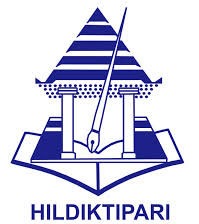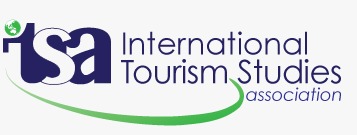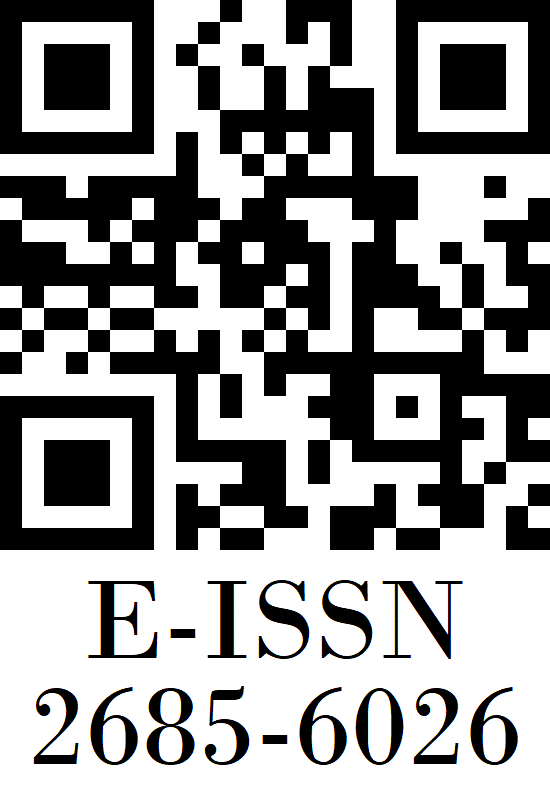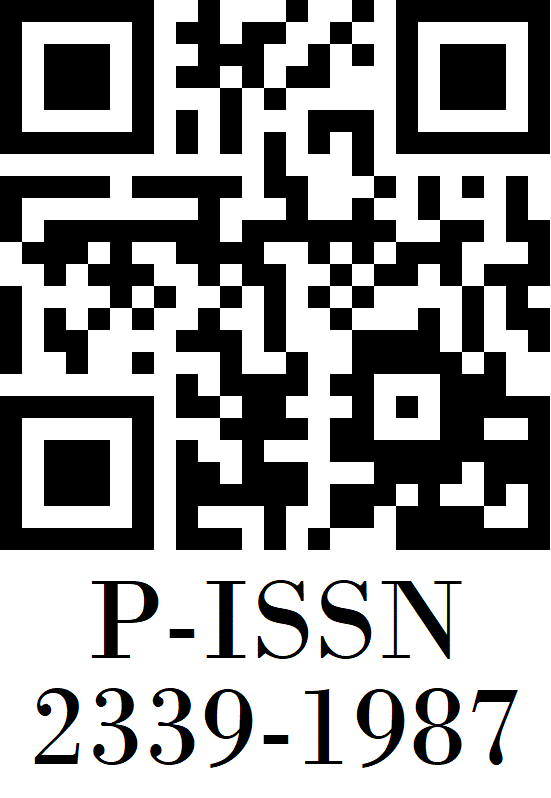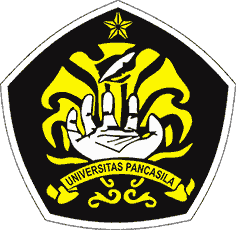MAKAN BEDULANG: SEBUAH TRADISI KULINER KOMUNAL DI BELITUNG, INDONESIA
DOI:
https://doi.org/10.35814/tourism.v10i1.3271Keywords:
Makan bedulang, Belitung, food sharing, pengalaman kuliner, kearifan lokalAbstract
When there is a declining in the number of tourist arrival, an authentic experience of food consumption could be an option to attract more visitors in a tourism attraction. Makan bedulang is one of the authentic traditions in Belitung regency which possibly attract people who are eager to encounter a new experience of food consumption within a group. The purpose of this study is to determine how local people and domestic tourists are exposed to the meaning of makan bedulang, while offering an added value for visitors to learn local virtues. Using qualitative methods with descriptive approach, this study utilizes interviews, literature studies, as well as questionnaires as an additional instrument. The result is that local people and visitors are aware of the meaning behind makan bedulang, but the information deserves more socialization to help domestic tourists find a more thorough local experience.
References
Anggun Tyastity F., & P. Mbulu Y. 2019. Strategi Pengembangan Wisata Kuliner Berbasis Masyarakat di Rungkut Surabaya. Journal of Tourism Destination and Attraction. 7(1):25-33. https://doi.org/10.35814/tourism.v7i1.783.
Arista I. 2015. Pengaruh Produk Wisata Terhadap Keputusan Berkunjung Wisatawan Di Pulau Lengkuas Belitung. Jurnal Manajemen Resort dan Leisure. 14(1):33-37.
Carina J. 2018. Tradisi makan bedulang, simbol kehangatan keluarga di Belitung. https://pemilu.kompas.com/read/2018/09/07/210000027/tradisi-makan-bedulang-simbol-kehangatan-keluarga-di-belitung--
Ellis A., Park E., Kim S. & Yeoman I. 2018. What is food tourism? Tourism Management. 68(March):250–263. https://doi.org/10.1016/j.tourman.2018.03.025.
Gunawan A. I. 2019. Menilik Bedulang, Tradisi Makan Bersama yang Unik di Belitung. https://www.belitungisland.com/news/menilik-bedulang,-tradisi-makan-bersama-yang-unik-di-belitung/.
Hajiman H., Ningsih C., & Turgarini D. 2021. Persepsi wisatawan terhadap tradisi makan bedulang sebagai wisata gastronomi di Belitung Timur. Jurnal Industri Pariwisata. 4(1):13-31.
Hermawan H. & Irawan D. E. 2018. Metode Kualitatif untuk Riset Pariwisata. Center for Open Science.
Horng J. S. & Tsai, C. T. 2012. Culinary tourism strategic development: an Asia‐Pacific perspective. International journal of tourism research. 14(1):40-55.
Kriyantono, R., & Sos, S. 2014. Teknik praktis riset komunikasi. Prenada Media.
Laman Resmi BPS Bangka Belitung. 2019. Kunjungan Tamu ke Bangka Belitung. https://babel.bps.go.id/pressrelease/2020/02/03/718/desember-2019--kunjungan-tamu-ke-bangka-belitung-mencapai45-711-orang--turun-3-55-persen.html.
Levyda L., Giyatmi G. & Ratnasari K. 2020. Identifikasi Wisata Kuliner di Pulau Bangka. Journal of Tourism Destination and Attraction. 8(1):71-80. https://doi.org/
10.35814/tourism.v8i1.1408.
Noorhidayah E., & Puspaningtyas M. 2021. Personal Branding Influencer Agus Sasirangan Dalam Melestarikan Kuliner Banjar Melalui Restoran Warisan Rasa. Prosiding National Seminar on Accounting, Finance, and Economics (NSAFE) Vol. 1, No. 3.
Nurhidayati S. E. 2015. Kuliner Lokal sebagai Sumber Daya Wisata di Era Global.
Pakpahan R., & Kristiana Y. 2019. Pengenalan Kuliner Tradisional Sebagai Daya Tarik Wisata Belitung. Prosiding Konferensi Nasional Pengabdian Kepada Masyarakat dan Corporate Social Responsibility (PKM-CSR). 2:1054-1060.
Saputri N. E., & Rochman G. P. 2021. Destinasi Wisata Kolong Bekas Tambang: Analisis Pengembangan dan Konvektivitas Wisata. Jurnal Riset Perencanaan Wilayah dan Kota. 1(1):49-61.
Sugiyono. 2017. Metode penelitian kuantitatif, kualitatif, dan R&D. Bandung: Alfabeta.
Visser M. 2015. The rituals of dinner: The origins, evolution, eccentricities, and meaning of table manners. Open Road Media.




